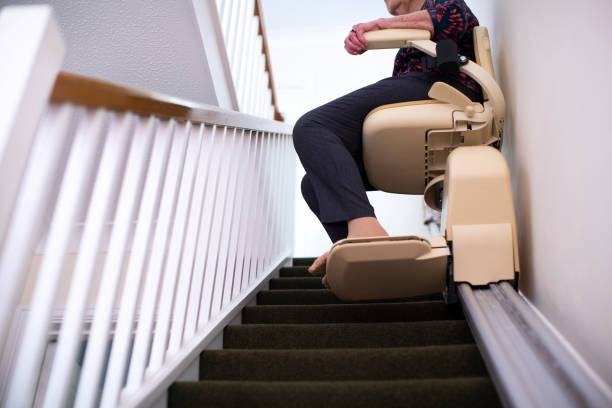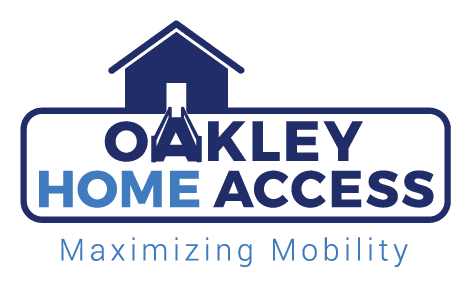Can Family Members Act as Caregivers or Assist in Care?
When a loved one begins to experience mobility challenges or health changes, it’s only natural for family members to step in and help. In fact, many older adults prefer being cared for by someone they know and trust rather than transitioning into a facility. But what does it really mean for a family member to act as a caregiver, and how can the home environment be adapted to make caregiving safer and more manageable for everyone involved?
Family Members as Caregivers: The Heart of Home Support
Across Rhode Island, Massachusetts, and Eastern Connecticut, countless families play a vital role in helping aging parents, spouses, and relatives remain independent at home. Family caregivers often assist with daily activities such as bathing, meal preparation, medication management, and companionship.
However, caregiving can quickly become overwhelming if the home itself isn’t designed for safety and accessibility. Simple tasks like helping someone up the stairs or into the shower can pose serious fall risks for the individual and the caregiver.
Making Home Care Safer with Accessibility Modifications
That’s where home safety modifications come in. By improving accessibility, families can create an environment that supports both the caregiver and their loved one. At Oakley Home Access, our mission is to help families make these transitions easier through thoughtful, practical home modifications that prevent accidents and promote independence.

Our licensed contractors and occupational therapists work together to assess each home and recommend the right solutions. These may include:
- Stair lifts (Brooks & Handicare models) to safely move between levels without strain or fall risk.
- Modular and portable wheelchair ramps for easier wheelchair or walker access.
- Grab bars, shower conversions, and walk-in tubs for safer bathroom use.
- Vertical platform lifts for seamless entryway access.
- Adaptive equipment such as bed rails, transfer poles, and assistive handles for caregivers’ ease and peace of mind.
These modifications don’t just make the home safer, they also reduce the physical and emotional strain that family caregivers often experience.
Partnering With Professionals for Better Outcomes
While family caregiving provides comfort and familiarity, it’s essential to involve professionals when it comes to home safety. Our team at Oakley Home Access collaborates with healthcare providers, case managers, and discharge planners to ensure that every recommendation is functional, safe, and personalized.
A free home safety assessment is often the best first step. During this visit, our specialists evaluate mobility challenges, room layouts, and risk areas, helping families plan modifications that promote long-term aging in place.
Supporting Families Who Care
Family caregiving is one of the most meaningful things you can do, but it shouldn’t come at the expense of safety or well-being. The right home setup can make a world of difference, turning a potentially stressful experience into a sustainable, empowering routine for both caregiver and loved one.
Contact Oakley Home Access for Home Safety Modifications
If you or a loved one are caring for someone at home, Oakley Home Access can help you make your space safer, more comfortable, and easier to navigate.
Visit our Narragansett showroom to explore stair lifts, ramps, and adaptive equipment in person, or request your free home safety assessment today!
FAQs About Family Caregiving and Home Safety
1. Can family members legally act as caregivers in Rhode Island and Massachusetts?
Yes. Family members can absolutely act as caregivers. While most family caregivers are unpaid, some state programs and long-term care plans may offer financial assistance or respite benefits. It’s always a good idea to explore local resources and support networks for guidance.
2. What home modifications make caregiving easier for families?
The most common modifications include stair lifts, grab bars, ramp systems, bathroom conversions, and transfer poles. These upgrades help reduce fall risks and make daily caregiving tasks, like bathing, transfers, and mobility support, much safer and less physically demanding.
3. How do I know if my home is safe for a loved one returning from the hospital?
Schedule a free home safety assessment with Oakley Home Access. Our occupational therapists and contractors will identify risks such as uneven flooring, narrow hallways, or inaccessible bathrooms, and recommend solutions to ensure a safe and smooth discharge home.
4. Can Oakley Home Access work directly with healthcare professionals?
Yes, we regularly collaborate with doctors, discharge planners, and therapists to design accessibility plans tailored to each patient’s medical and functional needs. This team approach ensures your loved one can return home safely and continue living independently.
